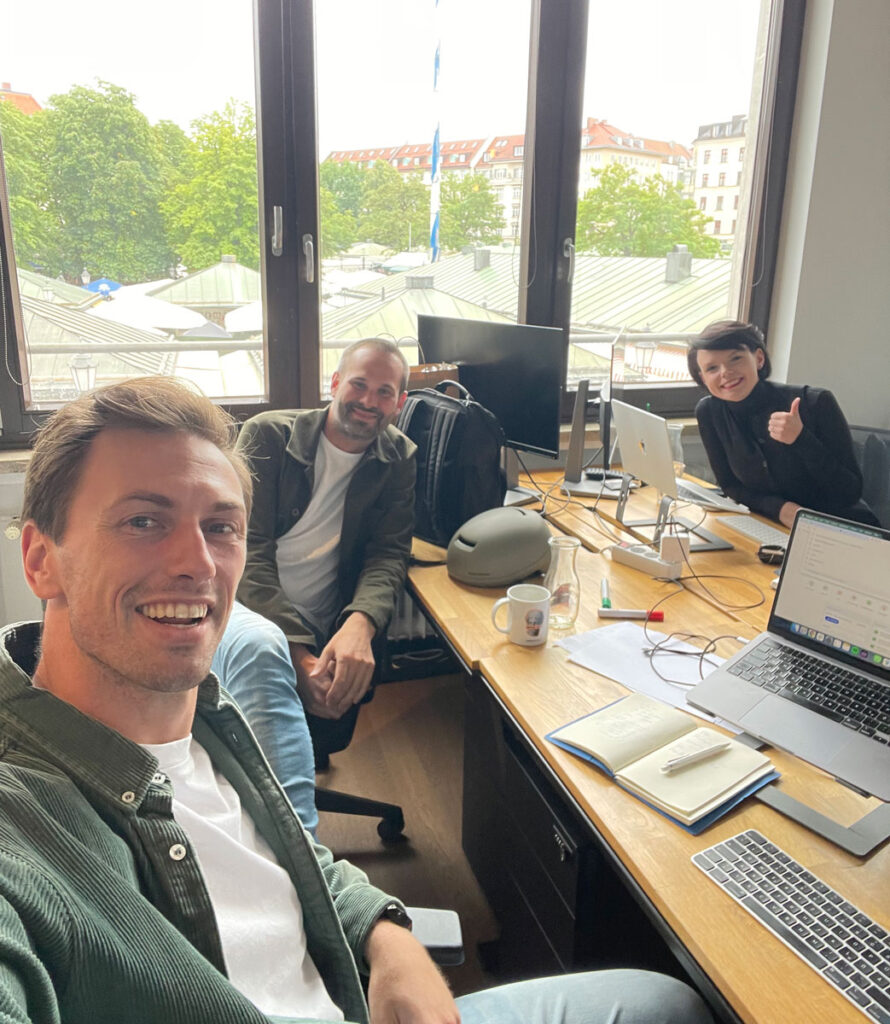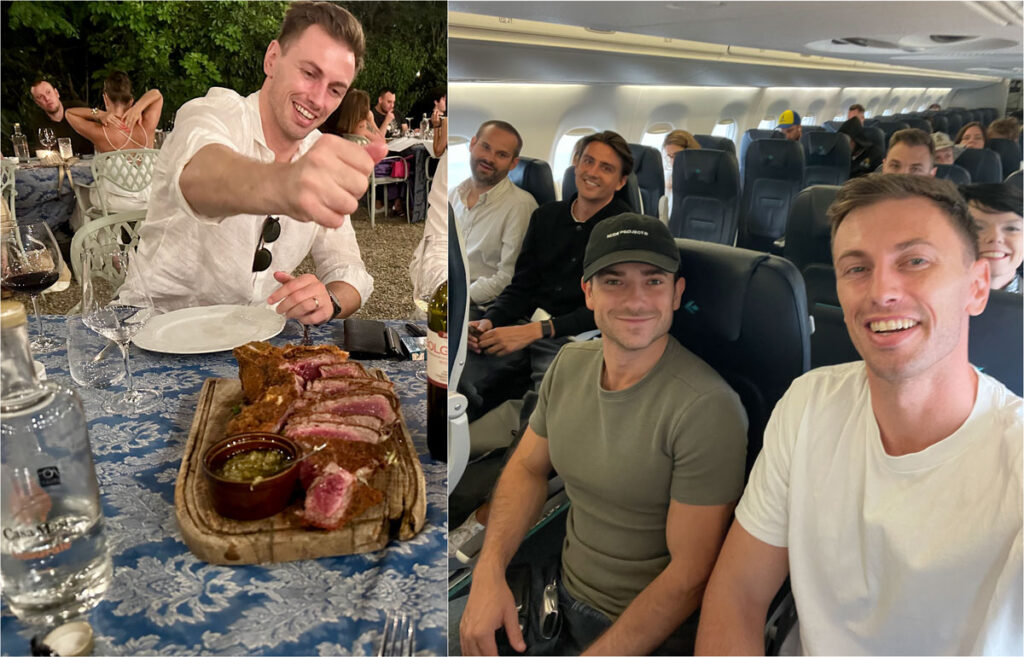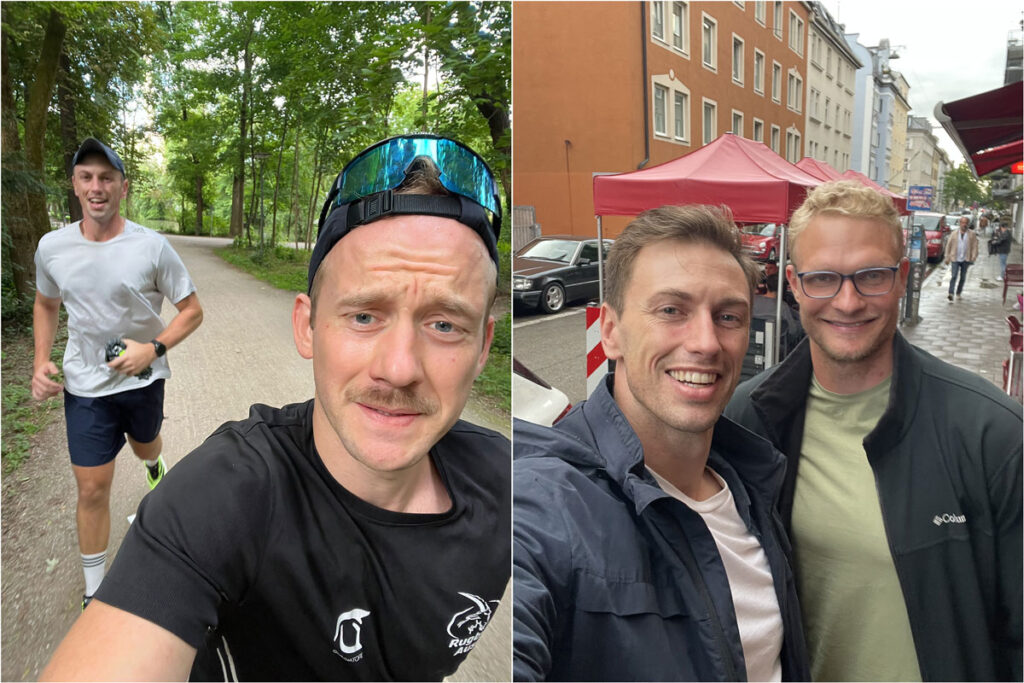This summer, I swapped case studies in Lausanne for a taste of the startup life in Munich.
VidLab7, the young AI company I’m interning at, builds real-time video avatars to automate the sales journey. In essence, these are digital twins, based on a picture or short video of you, that can do everything from lead qualification to product demos.
As a Founder’s Associate, my role has been a mix of finance and operations, and my main project has been preparing the company for its next fundraising round – something completely new to me. This has meant everything from building financial models and setting up the data room to designing KPIs and standard operating procedures. In short: putting everything in place to make the company investor-ready.
But how does this tie in with IMD’s program, what have I learned on the job, and how have I applied my MBA toolkit? Let’s dive in.

The books don’t run the race
Earlier in the year, we were given two options for the summer: one month of holiday followed by a month of electives, or a two-month internship without a break.
I chose the latter, for two reasons.
On a personal note, I wanted to spend the summer in Munich with my wife and reconnect with old friends so I could recharge at the halfway point of the MBA year.
But more than that, I wanted hands-on experience in the startup world. A mentor once told me a story about meeting a Paralympic marathon champion at a gala. He asked the runner what he drank during races. The answer: only Coke and water. Surprised, my mentor pressed: surely you need bananas, carbs, the things the books recommend? The champ just smiled and said: the books don’t run the race.
After years in corporate and consulting, this internship was my chance to run the race: to get my hands dirty in tech, build a track record, and test whether I could thrive in the early-stage startup environment.
Of course, getting to the starting line mattered too. That process turned into its own lesson.
Networking > job boards
The internship has fit seamlessly into the IMD curriculum. Two months turned out to be the perfect length: long enough to contribute meaningfully, but short enough to fit within the intensity of a one-year MBA.
But I didn’t land here by accident.
Between February and May, I applied to more than 25 roles across consulting and tech, and this is the one where everything came together in terms of timing, location, and role.
It worked out even better than expected. Because the startup is still early stage and the team is small, I had the chance to see every side of the business, not just one department. Beyond finance, I got involved in marketing, pitch decks, and sales – something that’s simply not possible at larger firms.
How did I land the role? Networking. I reached out to people in my circle, explained what I was looking for, and followed one connection to the next until I got here. The experience reinforced a lesson I’ve long believed: the best opportunities rarely sit on job boards; they emerge from warm leads and people who can vouch for your work ethic.
Once inside the company, the real learning started.

What I learned on the job
Three lessons stand out.
First, while startups often feel chaotic, you can still bring structure through systems thinking and by keeping sight of the bigger picture. Tracking KPIs and setting up dashboards helped ensure the company stayed on track, proved its promise to investors, and built something of real value to customers.
Second, storytelling is indispensable. IMD emphasizes this skill, and I saw firsthand how powerful it can be when building the investor pitch deck and leading internal presentations.
Finally – and most importantly – prioritization. When I was struggling to juggle multiple tasks at the same time, the VP of Finance shared a lesson from Steve Jobs: focus on the signal, not the noise. Each day, identify your three main priorities (the signal) and spend at least 80% of your time there, leaving only 20% for everything else.
The biggest surprise? The positive regard an MBA carries.
People expected me to contribute across strategy, product, and finance, not just in a technical niche. Previously, as an actuary, even when I was capable of broader work, I had to focus on a narrow scope and a specialist role.
It’s been refreshing to change that perception and fully step into what I’m capable of.

What’s next?
I’ve discovered that I seriously enjoy the startup environment. My biggest a-ha moment? Realizing I can see myself doing this role in future.
Yes, it’s messy, but there’s a high degree of ownership and responsibility. I enjoy being the finance and operations person who keeps the engine running while tech and sales teams push the product and revenue forward.
More than anything, these two months have made me pleased with my decision to do an MBA in the first place and given me confidence in the future.